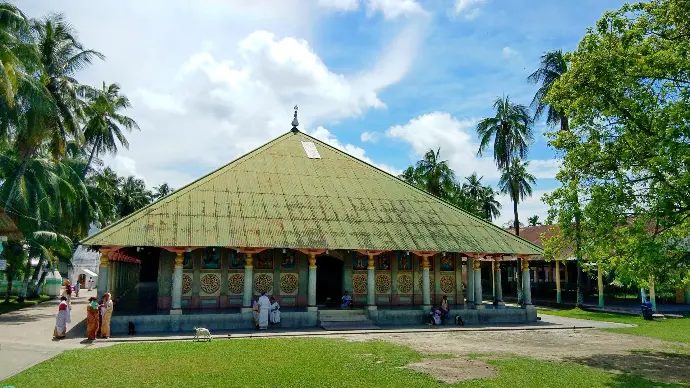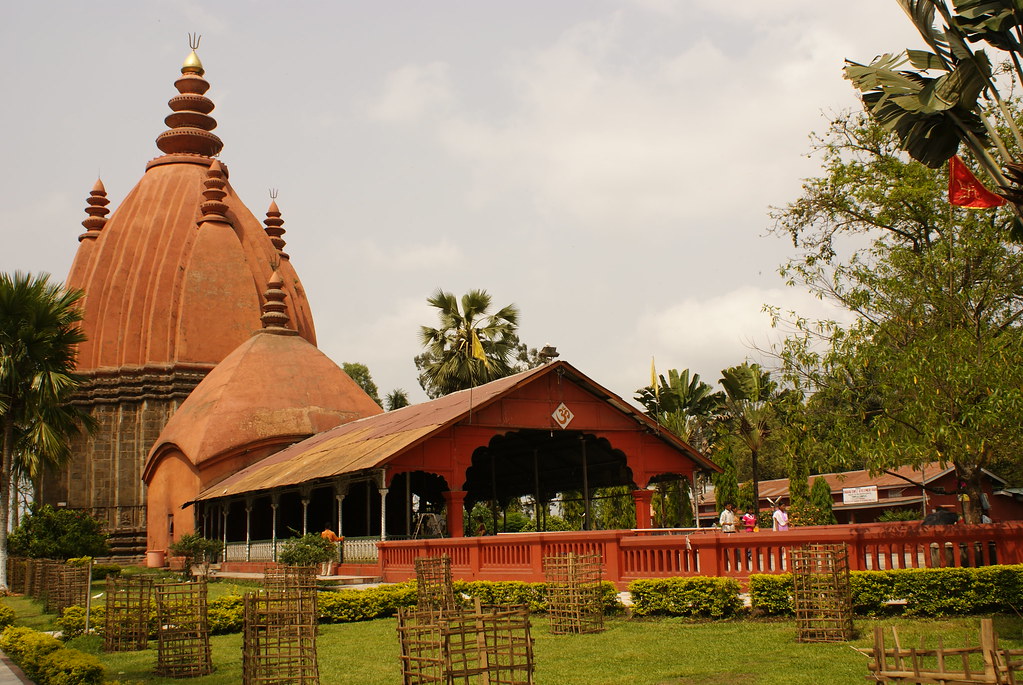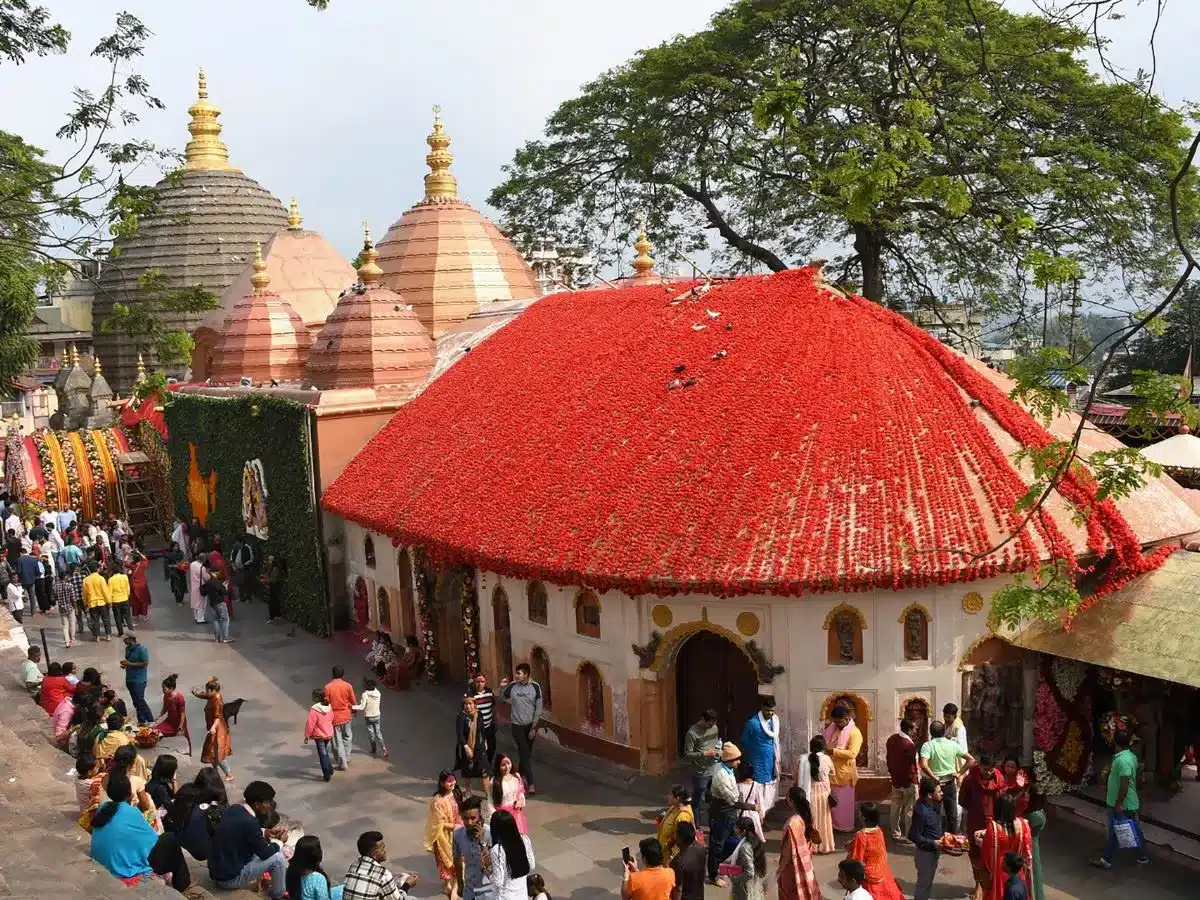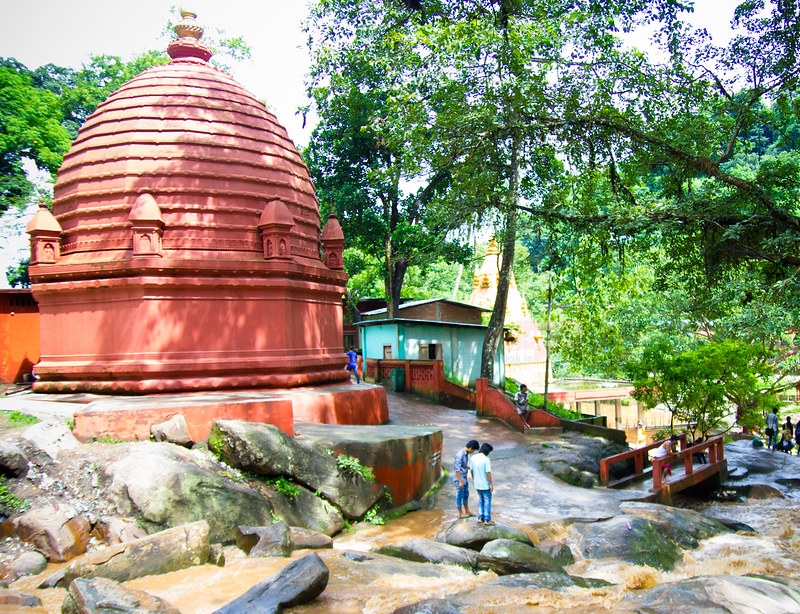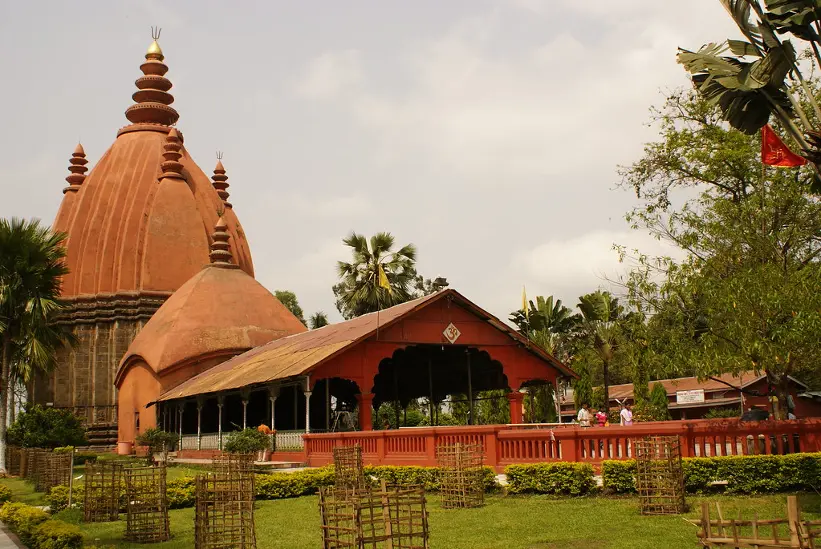Discovering Assam Tea: The Heartbeat of Indian Tea's
Assam, a state nestled in the northeastern part of India, is renowned worldwide for its rich and robust tea. Assam Tea is a black tea named after the region of its production. This tea is known for its malty flavor, briskness, and vibrant color. Let's take a journey through the lush tea gardens of Assam and uncover the secrets behind one of the most loved teas globally.
The History of Assam Tea
The story of Assam Tea dates back to the early 19th century. In 1823, Robert Bruce, a Scottish adventurer, discovered tea plants growing wild in Assam. His brother, Charles Alexander Bruce, continued his work, leading to the first commercial plantation in 1837. This marked the beginning of Assam's transformation into a tea powerhouse.
The British East India Company saw the potential in these plantations and developed extensive tea estates, bringing Chinese tea experts to share their knowledge. However, it was soon discovered that the indigenous Assam variety, Camellia sinensis var. assamica, thrived better in the region's climate. This realization led to the growth of Assam Tea as a unique and sought-after product.
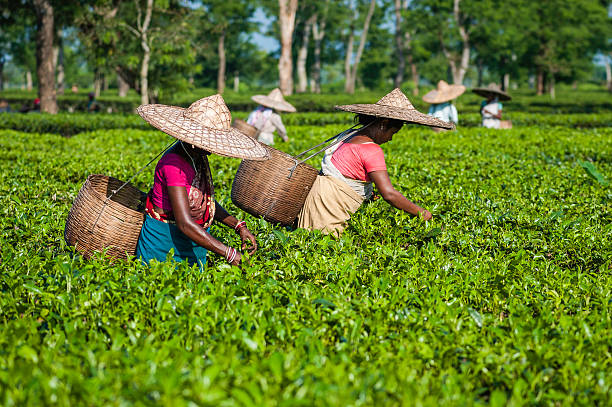
The Tea Gardens of Assam
Assam's tea gardens are spread across the Brahmaputra Valley, covering an area of over 312,210 hectares. The valley's low altitude, rich loamy soil, ample rainfall, and humid climate create the perfect conditions for tea cultivation. These gardens, often shrouded in mist, present a picturesque view and are a vital part of Assam's landscape.
One of the most famous tea gardens is the Manohari Tea Estate, known for producing some of the finest teas. Other notable estates include Halmari, Mangalam, and Nonoi. Visiting these estates offers a glimpse into the intricate process of tea production, from plucking the tender leaves to processing them into the final product.
The Processing of Assam Tea
The journey from leaf to cup involves several meticulous steps:
- Plucking: The best Assam Tea comes from the two leaves and a bud at the top of the plant. These are carefully hand-plucked by skilled workers.
- Withering: The leaves are spread out to wither, reducing their moisture content and making them pliable.
- Rolling: The withered leaves are rolled to break up the cells and release the essential oils, which are crucial for flavor.
- Oxidation: This is a critical step where the leaves are exposed to air, allowing the chemical reactions to develop the tea’s distinctive color and flavor.
- Drying: The oxidized leaves are dried to halt the oxidation process and lock in the flavor.
- Sorting and Grading: The dried leaves are sorted and graded based on size and quality.
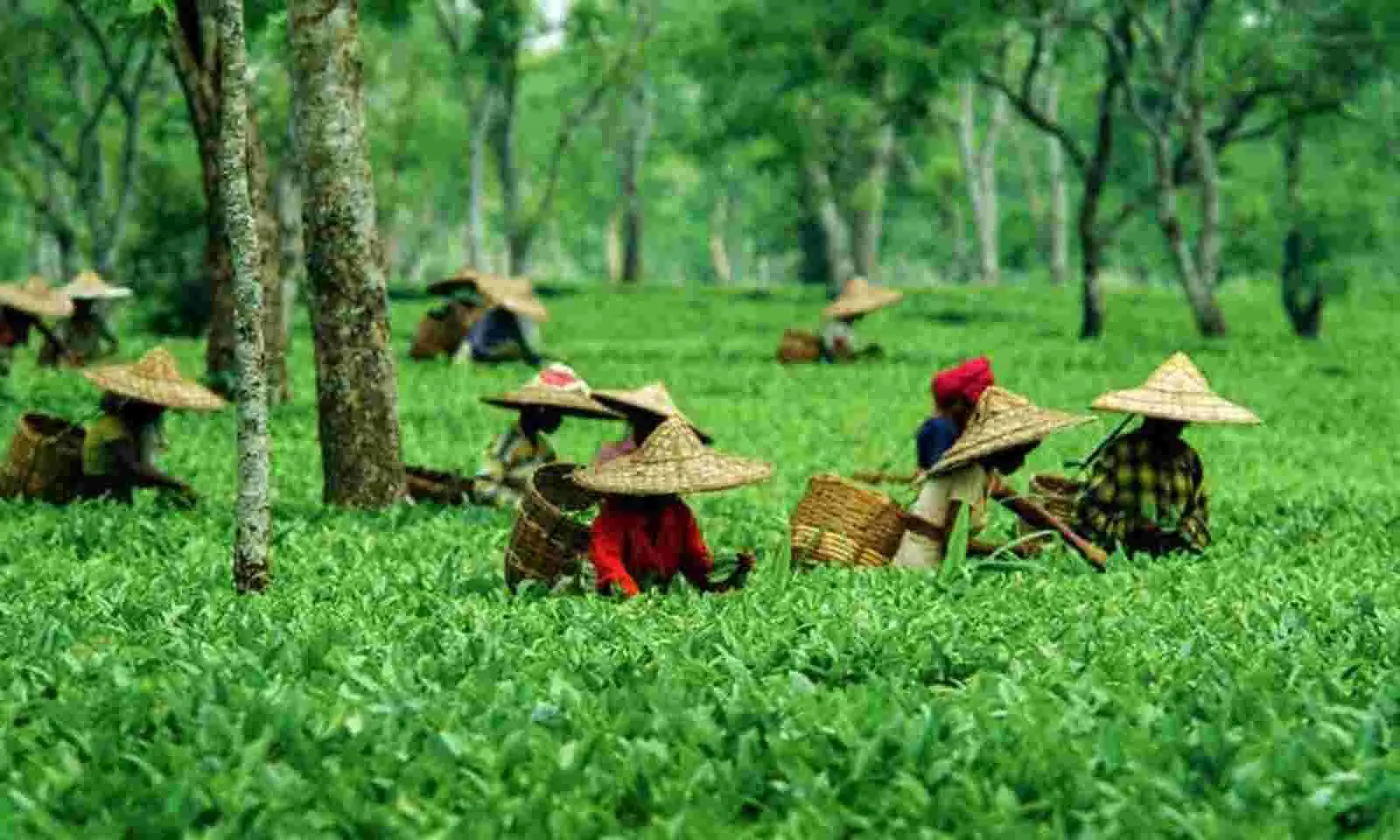
The Unique Flavors of Assam Tea
Assam Tea is celebrated for its distinctive malty taste, often described as bold, brisk, and full-bodied. It has a deep amber color when brewed, and its flavor profile can include notes of malt, chocolate, honey, and spice. The tea's strength makes it an excellent choice for breakfast teas, often blended to create popular varieties like English Breakfast and Irish Breakfast teas.
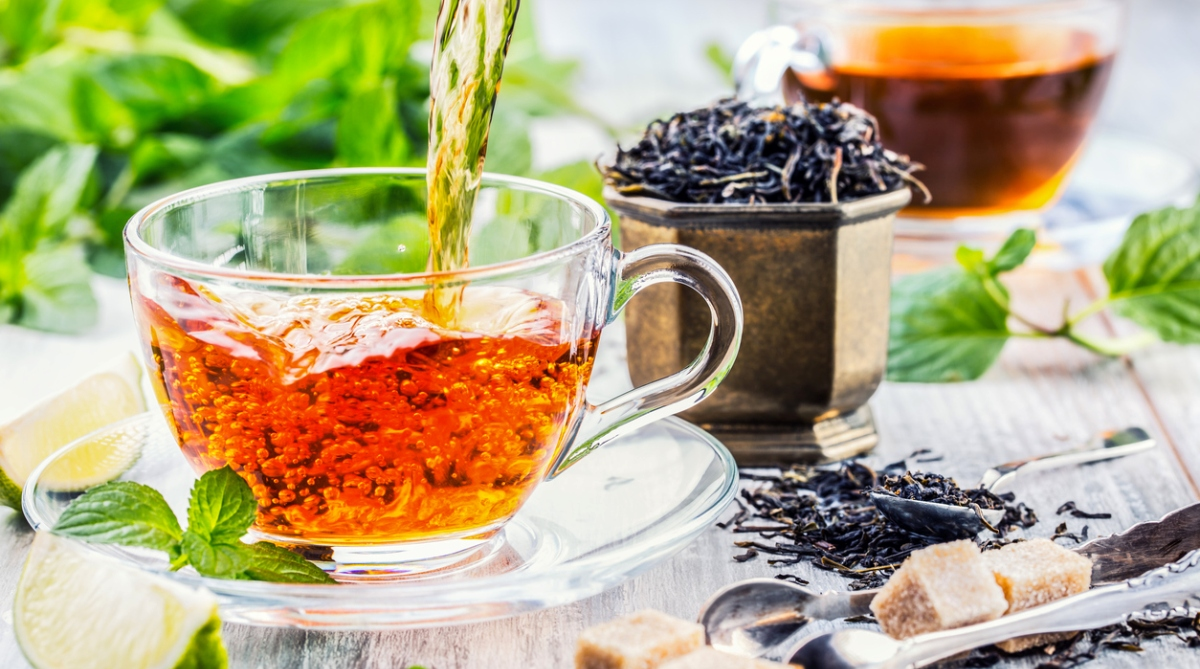
Health Benefits of Assam Tea
Apart from its delightful taste, Assam Tea offers numerous health benefits:
- Rich in Antioxidants: Assam Tea is packed with antioxidants like flavonoids, which help combat free radicals and reduce the risk of chronic diseases.
- Boosts Heart Health: Regular consumption can improve cardiovascular health by lowering blood pressure and reducing cholesterol levels.
- Enhances Mental Alertness: The caffeine content in Assam Tea can improve focus and concentration.
- Aids Digestion: Assam Tea can aid in digestion and relieve common digestive issues.
Assam Tea and the Local Economy
Tea is the backbone of Assam's economy, providing livelihoods to millions of people. The tea industry employs a significant portion of the state's population, from pluckers and factory workers to managers and tea tasters. The state's tea estates also contribute to tourism, attracting visitors eager to experience the lush plantations and learn about tea production.
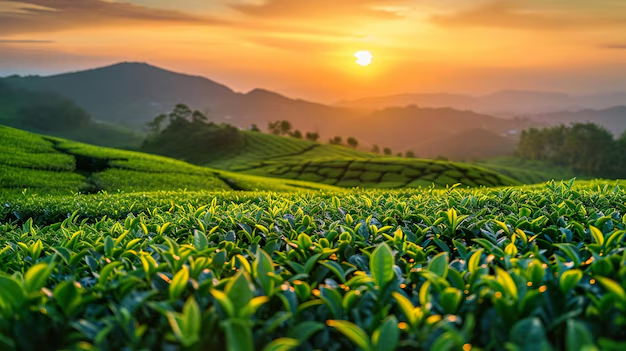
Experiencing Assam Tea
For those looking to explore the world of Assam Tea, a visit to the region's tea gardens is a must. Many estates offer guided tours, where visitors can witness the tea-making process firsthand and even participate in tea-tasting sessions. The Assam Tea Festival, held annually, is another excellent opportunity to celebrate and enjoy the region's tea heritage.

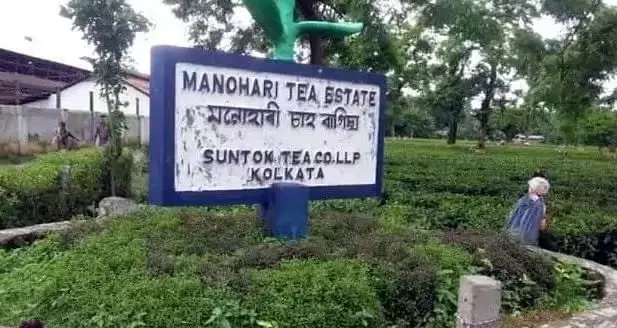
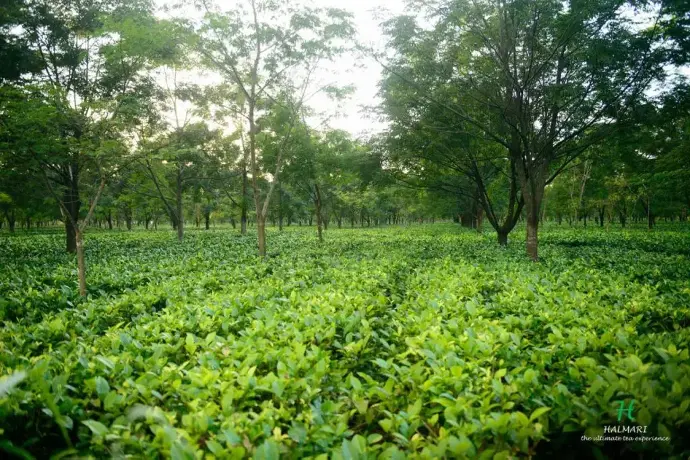
Conclusion
Assam Tea is not just a beverage; it's a testament to the region's rich cultural and agricultural heritage. Its robust flavor and numerous health benefits make it a favorite among tea enthusiasts worldwide. Whether you're sipping a cup of Assam Tea in the comfort of your home or exploring the tea gardens of Assam, you're partaking in a tradition that spans centuries and connects people across the globe. So, brew a cup of Assam Tea, and let its rich history and vibrant flavor transport you to the heart of Assam.




